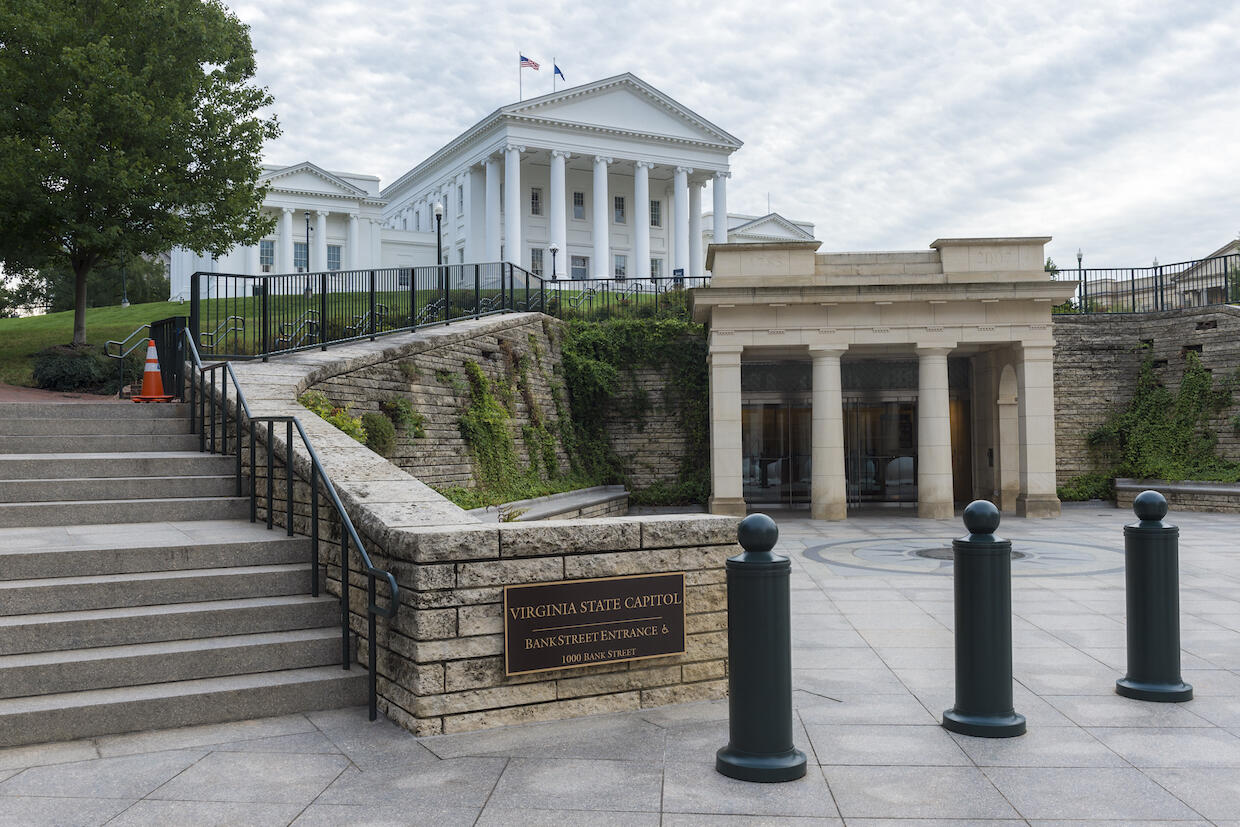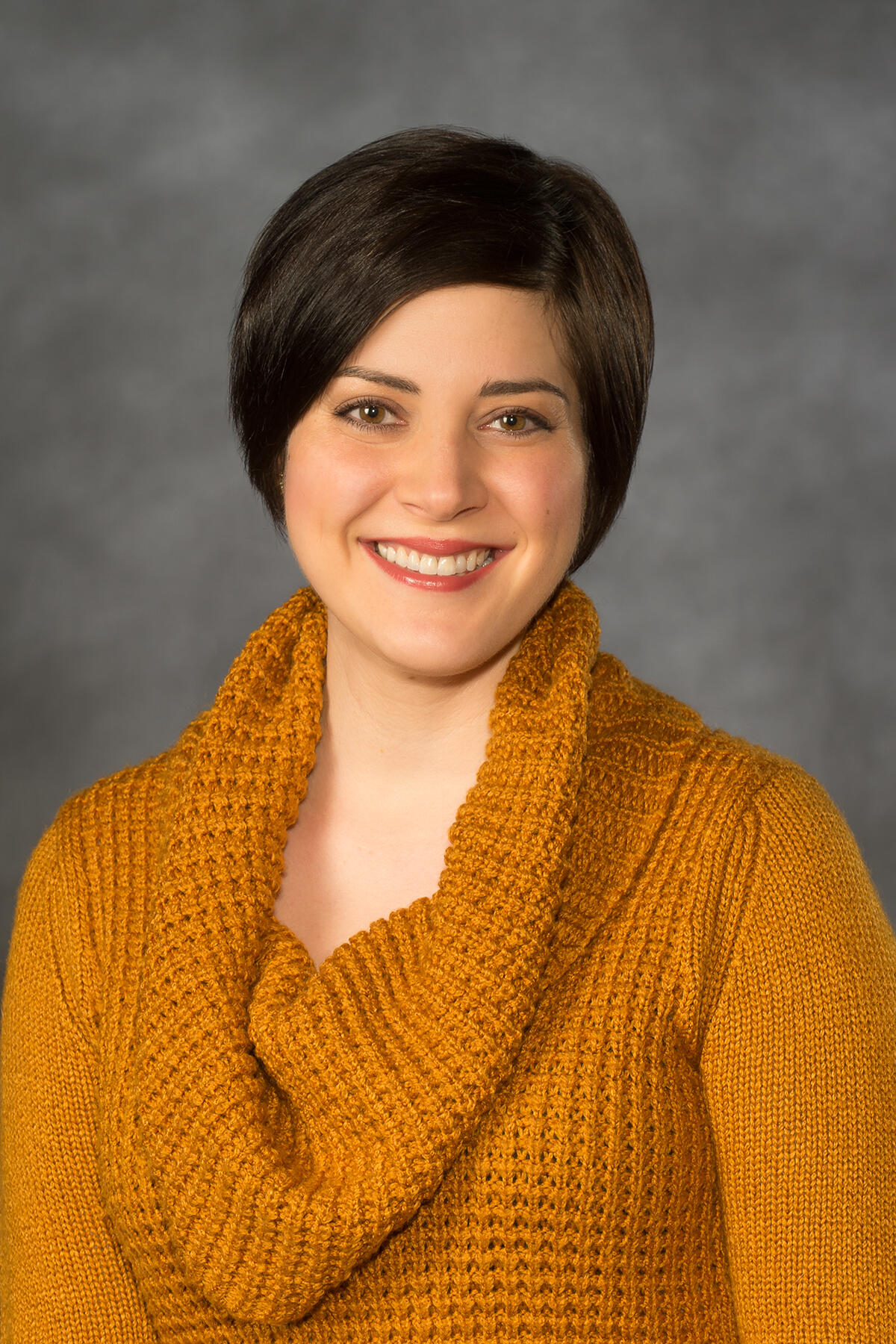
May 6, 2020
A police interrogation measure backed by a VCU professor’s research becomes law in Virginia
Share this story
For the past year and a half, Hayley Cleary, Ph.D., a Virginia Commonwealth University criminal justice and public policy professor, and state Sen. Jennifer McClellan have worked to gain support for a bill that would require Virginia law enforcement agencies to create a recording of any interrogations conducted in a jail or prison.
The measure, which passed the General Assembly earlier this year, was signed into law this spring by Gov. Ralph Northam.
Cleary, an associate professor in the L. Douglas Wilder School of Government and Public Affairs, and McClellan were introduced through the Wilder School’s Translational Research Fellows program, which connects Virginia policymakers with VCU faculty with the hope that their research will inform policies created or supported by the policymaker.

Through the program, Cleary developed a policy brief from research showing that mandating electronic recording of custodial interviews would lead to a reduction in allegations of police misconduct, increased transparency during interrogations, and greater courtroom efficiencies through fewer disagreements between police and defendants over what happened in the interrogation room.
Cleary testified before the Senate Judiciary Committee in February to gain support for the bill, which went on to pass the Senate unanimously. Shortly after, Cleary learned of a potential roadblock — a $4 million impact statement had been added in the bill, which could make implementation cost prohibitive. Cleary and McClellan worked quickly to identify a solution.
“Senator McClellan and I provided data to suggest that the $4 million price tag was probably an overestimate, and to show that the actual fiscal impact was pretty minimal,” Cleary said. “The Innocence Project had done a survey of police departments across two states that had already implemented a recording requirement, and it found that most police departments had very little, if any, fiscal impact. They often used existing equipment, such as body cams, so that they didn’t have to make new purchases. If they did have to purchase new equipment or data storage, the cost was typically low.”
The bill passed the House, and on April 11 Northam signed it into law.
“I am elated,” Cleary said. “The great thing about this legislation — and what makes it different from a lot of other policy initiatives — is that stakeholders all agreed that recording is a good idea. There wasn’t a lot of infighting among stakeholders themselves, we just had unexpected barriers to implementation where things could have gotten derailed. But we made it happen, and I’m enormously grateful to Senator McClellan, Delegate Adams, and their staff for seeing this issue to the finish line.”
Looking ahead, Cleary plans to continue the research with a focus on state-level policies for juvenile interrogations. Through her work, Cleary aims to understand the national policy landscape having to do with parents in juvenile interrogations, and to use this to continue improving criminal justice policies in Virginia.
Subscribe to VCU News
Subscribe to VCU News at newsletter.vcu.edu and receive a selection of stories, videos, photos, news clips and event listings in your inbox.









